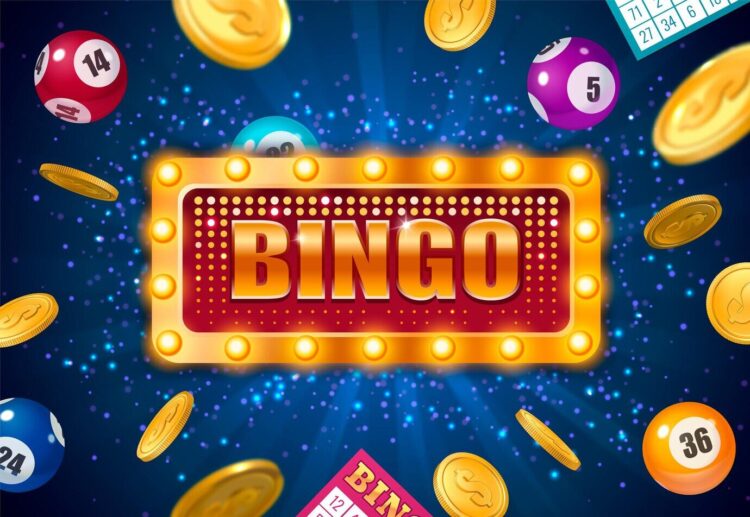Whether you’re playing online or on the casino floor, understanding how slots work is essential to enjoying them responsibly. This article will debunk several harmful myths about slot machines that can lead to serious gambling problems.
Many gamers have the misconception that if a slot machine has recently paid out, it won’t do so again. But this is a wholly erroneous assumption.
Table of Contents
The Myth of ‘Hot’ and ‘Cold’ Slot Machines
Many gamblers believe that a slot machine can experience periods of being “hot” or “cold.” A “hot” machine is seen to be more likely to pay out since it is winning, whereas a “cold” machine is thought to be overdue for a win because it has been paying out less regularly. But does this notion have any merit?
The Reality Behind Slot Machine Outcomes
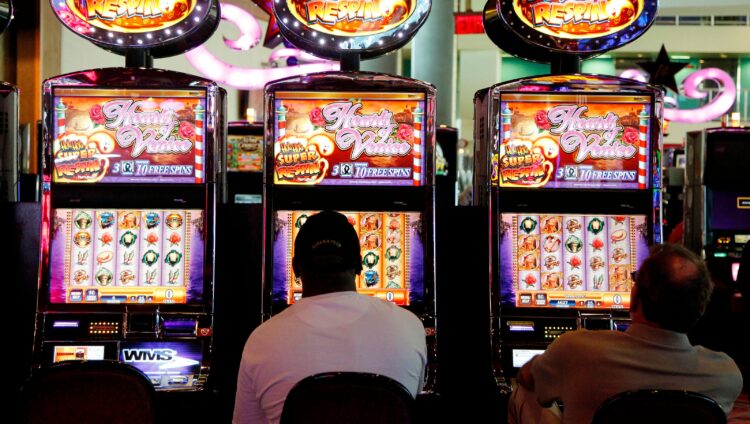
We need to look at the way these machines function to eliminate the myth that they are “hot” or “cold” slots. It is the Random Number Generator (RNG) is the brain behind each slot machine. When the slot machine’s not playing its RNG is a computer program that generates thousands of random numbers each second. Each spin’s outcome will be determined using these figures, and aren’t influenced by the outcomes of previous spins.
The most important thing to remember is that the outcome of every spin isn’t influenced by the machine’s performance in the past or any other external influences. Each spin is an individual one with a random result. That means that regardless of whether the machine just won a huge jackpot or hasn’t given a prize within hours, the odds of winning the next spin will remain the same. The RNG has no memory, it doesn’t keep track of past results or alter the odds according to the most recent activity.
The Gambler’s Fallacy
In a manner similar to this, players may feel that a “cold” slot machine is “due” to turn “hot” and begin paying out more frequently.
Understanding the Gambler’s Fallacy is crucial because it highlights the irrational nature of the belief in ‘hot’ and ‘cold’ slot machines. Each spin is an independent event, and past results have no bearing on future outcomes. Just because a machine hasn’t paid out for a while doesn’t mean it’s more likely to do so on the next spin.
The Myth of ‘Loose’ Slot Machines
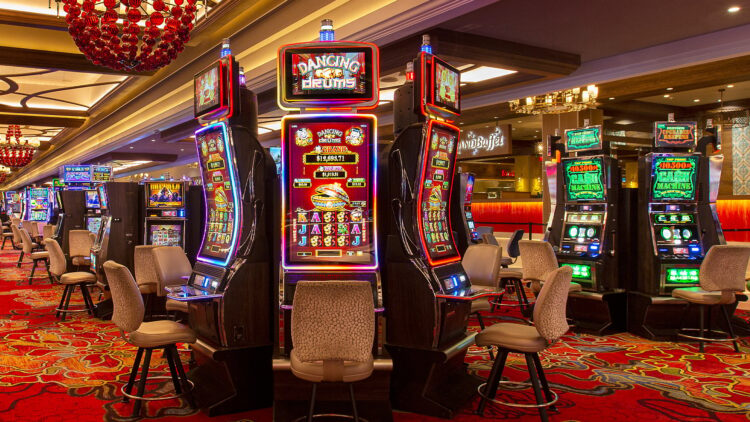
The misconception about ‘loose’ slot machines stems from a misunderstanding of how RTP works. Here are a few key points to consider:
1. RTP Over the Long Term
RTP is computed over a lengthy period of time, sometimes millions of spins. It’s a statistical indicator of the typical return on a slot machine, not a promise of each player’s immediate success. Anything can occur in the near term, including protracted winning or losing streaks.
2. Variance and Volatility
Slot machines come with different levels of variance or volatility. High-volatility slots may have infrequent but significant payouts, while low-volatility slots offer more frequent but smaller wins. The RTP percentage doesn’t tell you about the volatility of the machine.
3. Randomness of Outcomes
All slot machines, whether high or low RTP, operate on the basis of Random Number Generators (RNGs). These RNGs ensure that each spin is entirely random and independent of previous spins. So, even on a machine with a high RTP, there’s no guarantee that you’ll win on the next spin.
4. Short-Term Variability
In the short term, your experience on a slot online machine can vary widely. You might play a high RTP machine and have a string of losses, or you could win a jackpot on your first spin of a low RTP machine. These short-term outcomes are influenced by chance and luck.
The Myth of Why There’s No Winning Formula

The desire to beat the slots is understandable, given the potential for substantial payouts. Players often turn to various strategies, some of which include:
1. Betting Patterns
Some gamblers think that changing their stake sizes sequentially might improve their odds of winning. This can entail raising wagers following losses or adjusting wager amounts in response to recognized trends.
2. Slot Selection
Another common strategy is carefully selecting the slot machine to play. Some players believe that certain machines are more likely to pay out than others, either due to their location in the casino or the recent history of payouts.
3. Timing and Scheduling
There’s a belief that playing slots at specific times of the day or days of the week can lead to better outcomes. For instance, some players think that slots are “looser” during off-peak hours.
4. The “Hot” or “Cold” Machine Myth
As discussed in an earlier article, the idea that certain slot machines are “hot” or “cold” is untrue; nonetheless, players often subscribe to it and switch machines based on whether or not they think they are hot/cold.
The ‘Due for a Win’ Misconception

This misunderstanding has led many players to invest more time and money on a certain machine in the hopes of striking it rich. This essay will debunk the idea that a team is “due for a win,” but it’s critical to understand that this presumption is completely false.
The Gambler’s Fallacy
In the context of slot machines, the ‘due for a win’ misconception is essentially the same idea. Players believe that if a machine hasn’t paid out for an extended period, it’s “due” to deliver a winning combination soon. However, this belief is based on a fundamental misunderstanding of how slot machines operate.
The key to responsible gambling with slot machines is to acknowledge that each spin is a random event. It’s essential to approach slot machines as games of chance, where luck plays a significant role. Here are some responsible gambling tips:
- Set a Budget: Before playing, establish a budget for your casino visit, and stick to it. Never gamble with money you can’t afford to lose.
- Play for Entertainment: View slot machines as a form of entertainment rather than a way to make money. Enjoy the excitement and thrill of the game without unrealistic expectations.
- Learn the Rules: Understanding the rules and paytables of the slots you play can help you make informed decisions and maximize your enjoyment.
The ‘Timing’ Myth
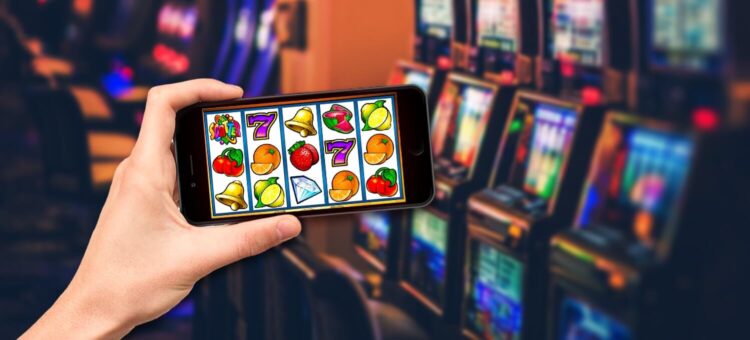
For many years, judi slot casino visitors have found thrill and enjoyment at the slot machines. Although most players are aware that these games are dependent on chance, there is a persistent misconception that winning is more likely at particular times of day or on particular days of the week. In this piece, we’ll dispel the ‘timing’ fallacy and clarify why there isn’t a perfect moment to play the slots.
The Belief in Favorable Timing
The idea that specific times can influence your chances of winning at slot machines is a widespread misconception. Some players believe that:
- Weekdays vs. Weekends: There’s a belief that slot machines are more likely to pay out on weekdays when casinos are less crowded, as opposed to busy weekends.
- Morning vs. Night: Another belief is that playing slots in the morning offers better odds, as the machines have had time to “build up” winnings overnight.
- New Machines: Some players think that playing on newly installed machines or right after a jackpot was won increases the likelihood of winning.
These beliefs are rooted in superstition and a misunderstanding of how slot machines operate.
The Superstitions Surrounding Slot Machines: Luck vs. Probability
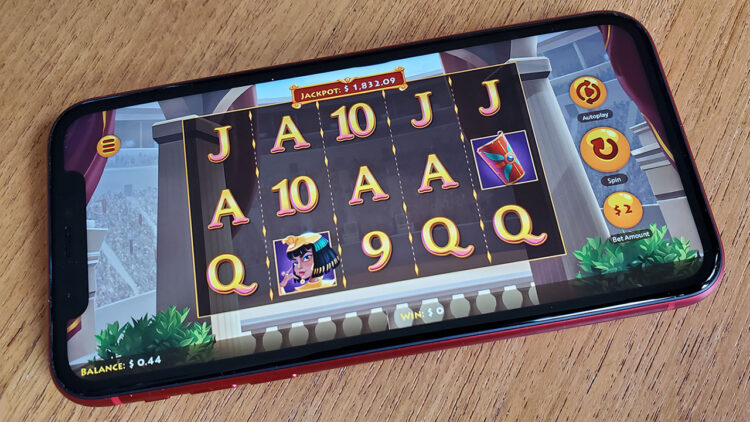
Superstitions have long been a part of human culture, and they often find their way into various aspects of life, including gambling. Slot machines, with their alluring lights and thrilling gameplay, are no exception. Many players hold superstitions about these machines, believing that certain actions or rituals can influence their luck. In this article, we’ll explore common superstitions related to playing slots and explain why these beliefs have no real impact on the outcomes.
The Allure of Superstitions
Superstitions are deeply ingrained in human psychology. They offer a sense of control in situations where luck plays a significant role. In the context of slot machines, players may engage in various superstitious behaviors, such as:
1. Lucky Charms
Some players carry lucky charms or talismans, believing that these objects can influence the outcome of their spins.
2. Rituals and Habits
Others have specific rituals or habits, like rubbing the machine, tapping the screen, or saying a prayer before spinning the reels.
3. Machine Hopping
There’s a belief that switching machines frequently or sitting in different seats can change one’s luck.
4. Timing Beliefs
As discussed in a previous article, some players think that there are specific times of day or days of the week that are luckier for playing slots.
End Note
In conclusion, the world of slot machines is filled with myths and superstitions that can cloud players’ judgment and lead to harmful gambling habits. These myths often arise from a misunderstanding of how slot machines operate and a desire to find patterns or control outcomes in a game of chance.
Responsible gambling involves setting a budget, knowing when to walk away, and playing for entertainment rather than relying on superstitions or misconceptions. By debunking these myths, players can approach slot machines with a clearer understanding of the true nature of these games, making their casino experiences more enjoyable and less fraught with unrealistic expectations.
